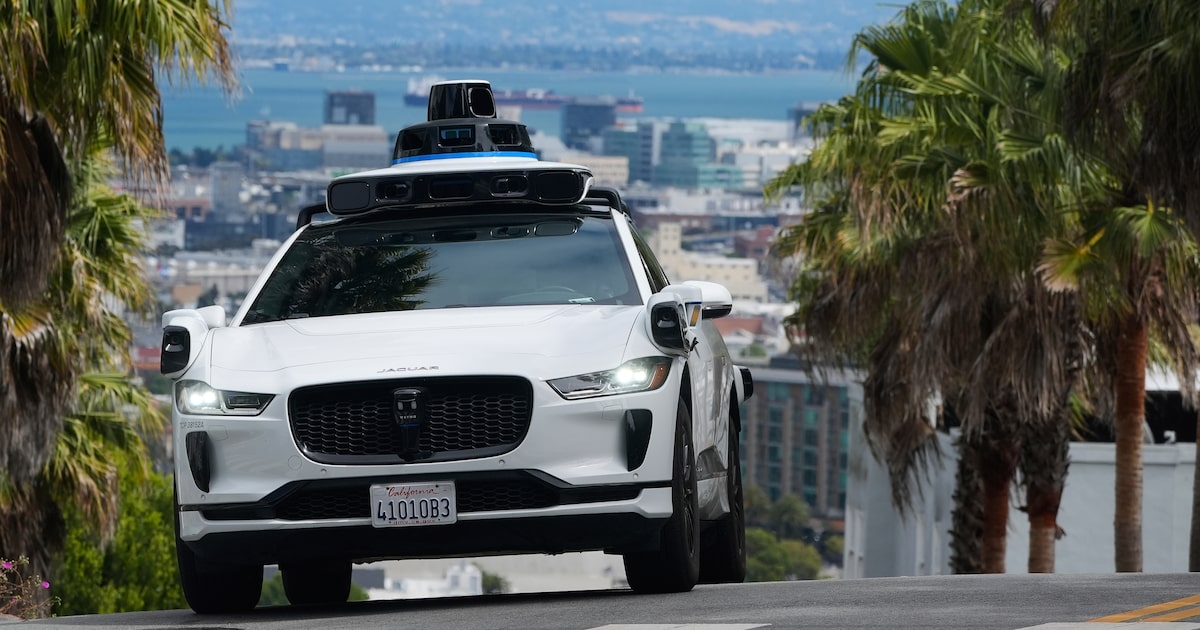Next year, as you drive around Dallas, you might turn to look at the car next to you and notice empty space where the driver should be. Cue the spit take. Waymo, formally Google’s self-driving car project, plans to launch its self-driving ride-hailing service in Dallas in 2026.
This isn’t the first self-driving ride service to come to Dallas. General Motors’ Cruise began testing robo-taxis in 2023, but the program was halted due to safety concerns flagged by federal regulators.
Two years later, Texas roads are still dangerous — mainly because of human drivers. This newspaper recently reported that road deaths in Texas are 18% higher than they were 10 years ago.
Traditional rideshare services might help reduce drunken driving, but these services come with their own risks, like troubling allegations about sexual assault, as recently reported by The New York Times.
Opinion
We need to find a way to make our roadways and interstates safer. Driverless cars are here to stay, and state and federal policymakers are right to embrace them, but they should also ensure that there are rules in place to protect the public.
While the future of this technology and potential for safety improvements is promising, that doesn’t mean we should just hand over the keys.
Initially, the testing fleets will be manned by human drivers to help train the Waymo cars, according to a Waymo news release.
This gives us a little more peace of mind. However, as the technology evolves, the laws and protections surrounding it should, too.
In the last legislative session, Gov. Greg Abbott signed a law that requires autonomous vehicle companies to get state approval before operating without a driver and also requires companies to provide methods of dealing with self-driving cars in emergencies.
If you do get into a fender bender with a Waymo car, you can call the company or scan a QR code on the car’s door. That’s assuming the QR code is still readable after the crash. That offers some level of accountability, but questions linger about who is liable when a self-driving car causes an accident.
Continued state-level regulation is both smart and necessary. We need a system of ongoing oversight and to consider how these vehicles will interact with our existing traffic laws, infrastructure and human drivers on the road.
Waymo cars are expanding their reach throughout Texas. Since March 2024, Waymo has been testing in Austin. During that time, Waymo cars have been involved in 79 incidents in the city, according to the city’s dashboard. Most incidents were reports of safety concerns or blocking traffic. Only three collisions were reported.
This isn’t a bad track record. But even with an otherwise smooth performance, self-driving cars are still in their infancy, and we should be cautious.
As this technology evolves and we start to see more of these vehicles on our roadways, guardrails at the state and federal level will be essential to protect Waymo passengers and other drivers and ensure that companies remain responsible for their vehicles’ behavior on the road.
